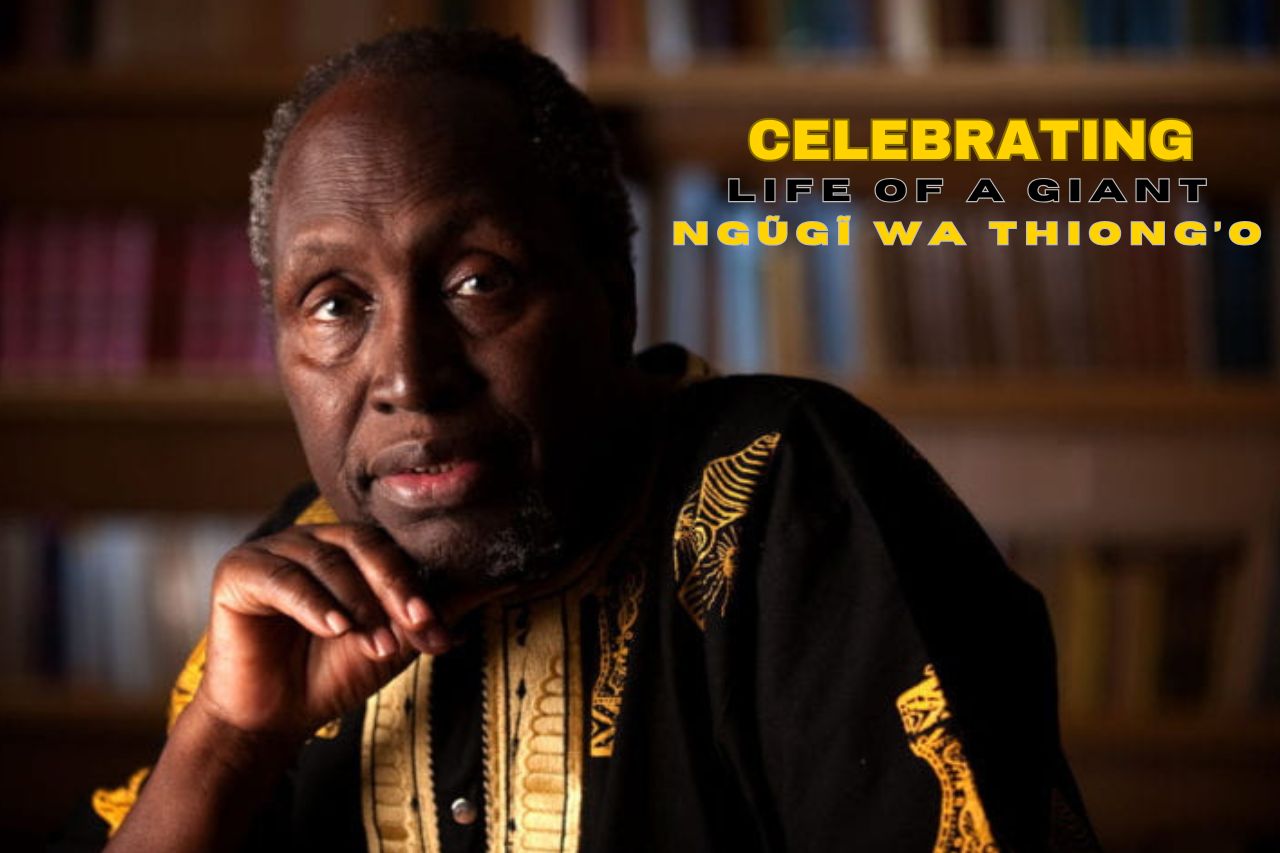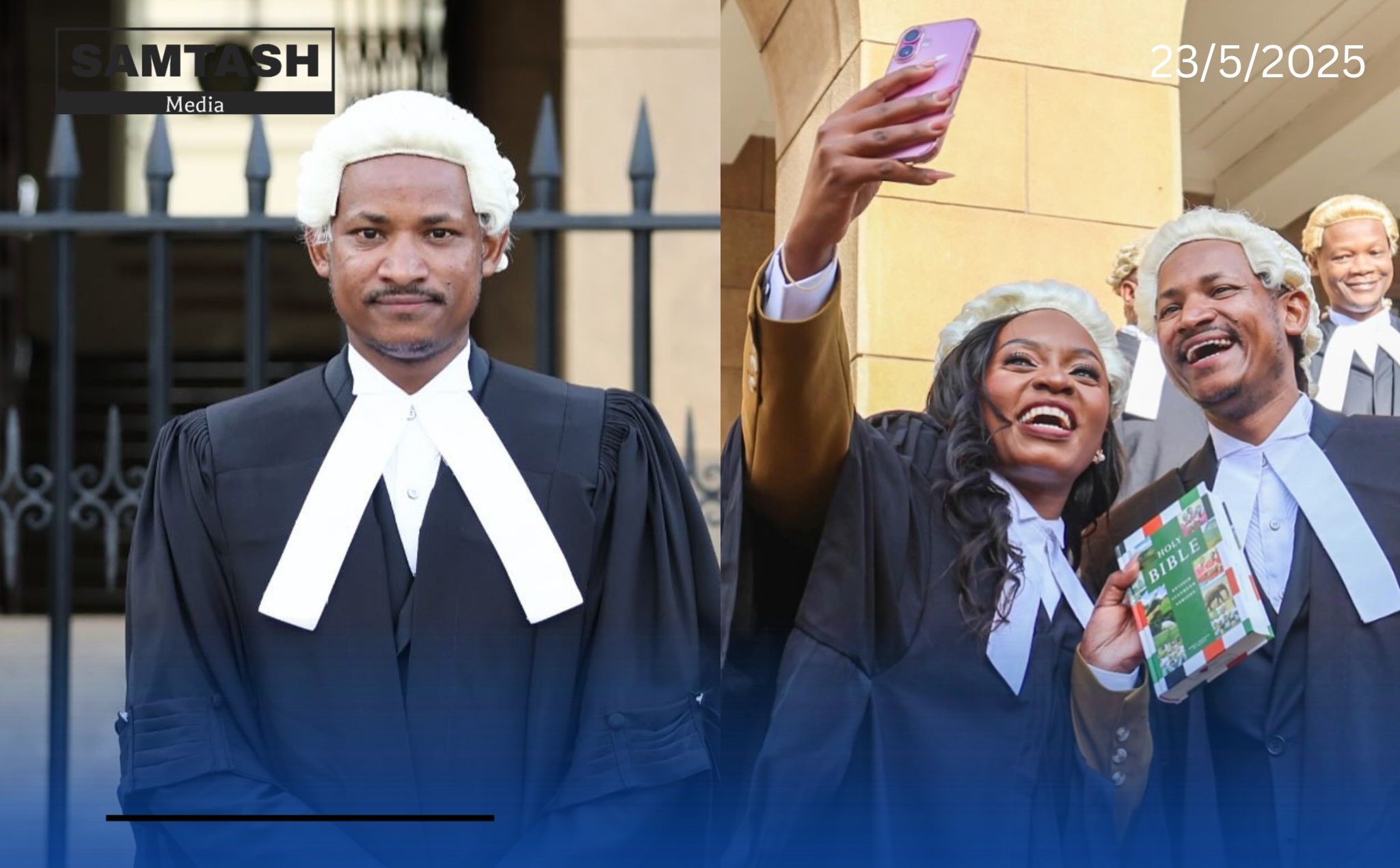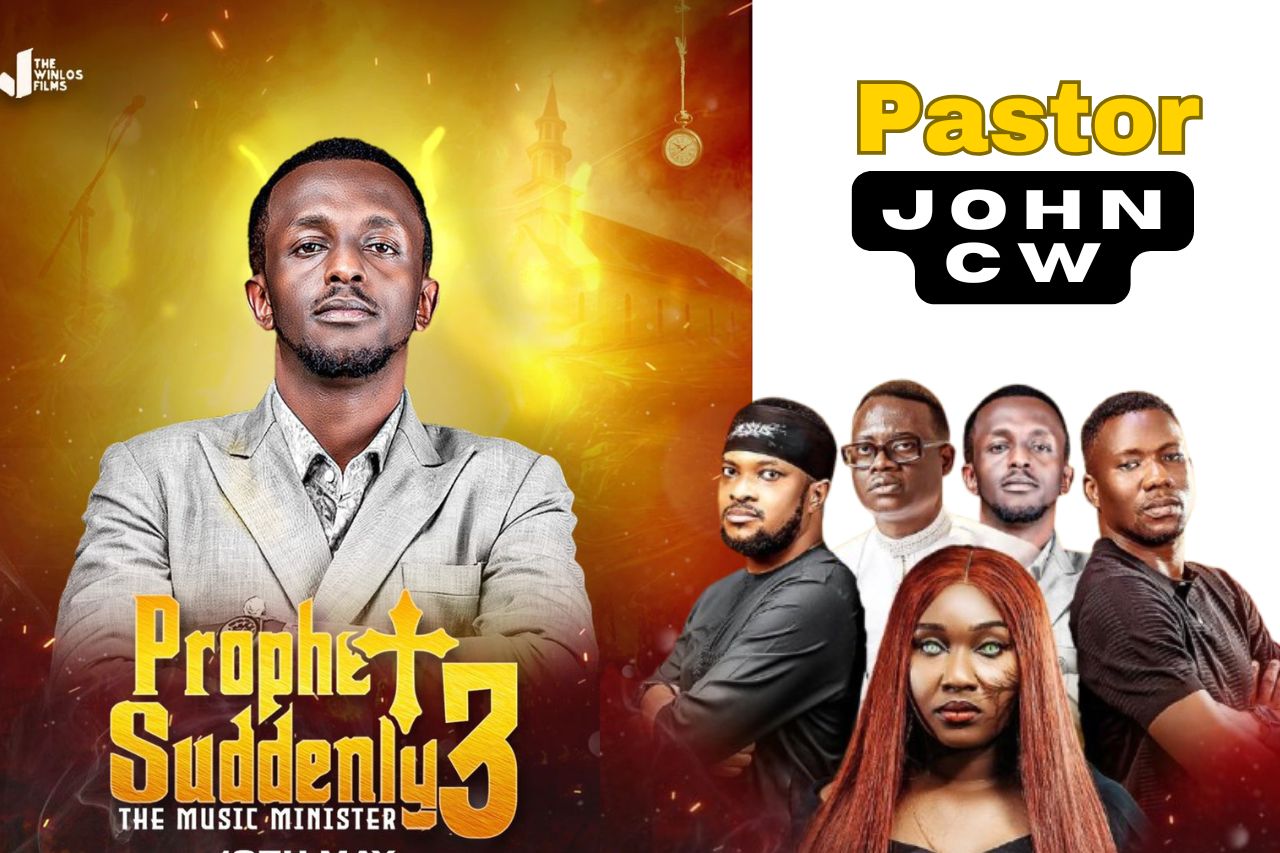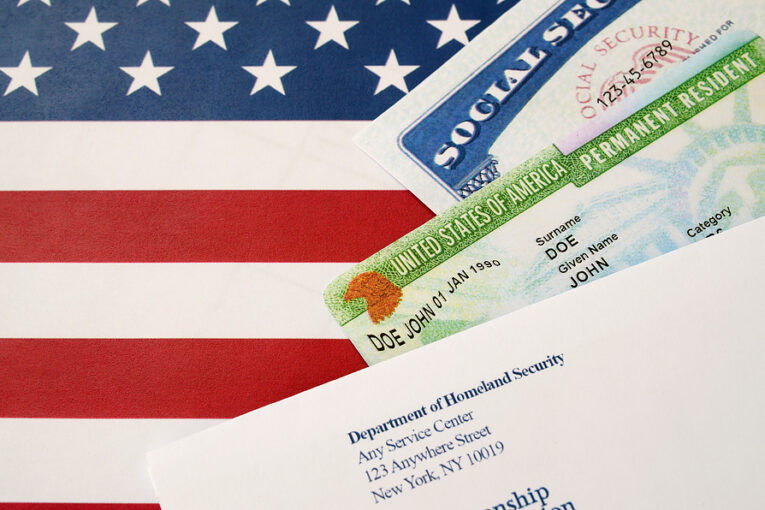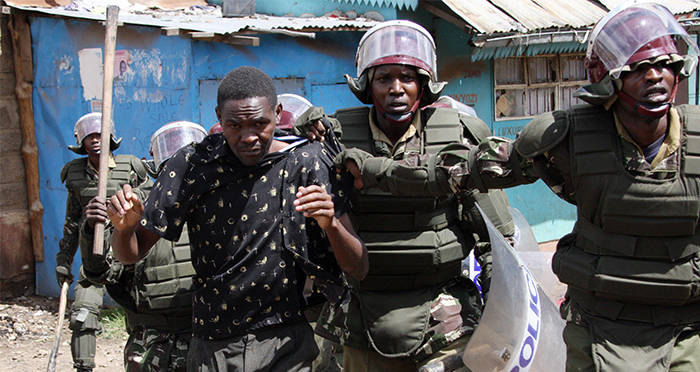
The Rise and Fall of Mungiki: Political Influence, Criminal Past, and Leadership of Maina Njenga
The Mungiki movement, originating among Kenya’s Kikuyu ethnic goup, has long been a subject of political, social, and criminal controversy. Founded by Maina Njenga and his cousin Ndura Waruinge, Mungiki has evolved from a spiritual movement promoting Kikuyu traditions to a powerful group accused of criminal activities, political manipulation, and violence. Maina Njenga, born on January 2, 1969, in Karindi village in Laikipia West, rose to prominence as the spiritual leader of Mungiki, inspiring legions of Kikuyu youth. Despite government crackdowns and his contentious history, Njenga has remained a divisive yet significant figure in Kenya’s political landscape.
The Origins of Mungiki
Mungiki was born in the early 1990s, as Njenga and Waruinge spread their ideas of Kikuyu cultural revival and spiritual guidance. Njenga claimed a vision that designated him as a prophet, leading him to abandon Christianity in favor of traditional Kikuyu beliefs. This anti-colonial, anti-modernity stance resonated with many young Kikuyus who felt disenfranchised in a rapidly modernizing Kenya. In its early years, Mungiki was seen as a cultural group intent on restoring the Kikuyu identity, attracting a large following and positioning itself as a cultural voice for Kenya’s largest ethnic group.
Mungiki’s Political Influence and Criminal Activities
Over time, Mungiki transformed from a cultural movement into a force with political ambitions and a significant criminal element. Mungiki gained power by controlling public transport routes, especially in Nairobi, through extortion schemes and collecting protection fees. They demanded payments from matatu (public transport) operators and local businesses, promising protection but meting out violent reprisals for resistance.
The Kenyan government soon took notice, with Mungiki’s activities frequently making headlines for brutal enforcement measures. In January 2003, Mungiki’s influence reached a peak when they were implicated in violent incidents, including killings over toll fees in Murang’a and Nakuru. A crackdown by the government forced Mungiki members into rural areas, but they continued operations, effectively creating networks throughout central Kenya.
Maina Njenga’s Political Rise Affiliated with Mungiki
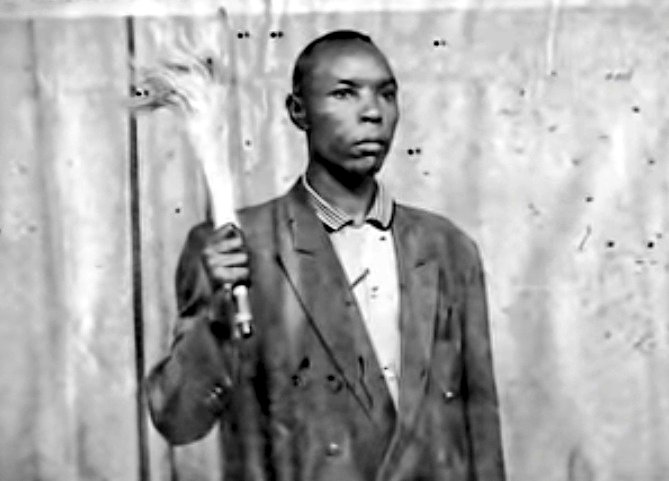
Despite his controversial past, Njenga’s political influence remains undeniable. His interactions with prominent politicians, coupled with Mungiki’s reach in various Kenyan regions, gave him leverage to influence votes and even shift political narratives. Njenga’s ability to mobilize the Kikuyu youth made him a sought-after political ally, particularly during election periods.
However, Njenga’s political aspirations have not been without conflict. His arrest and imprisonment multiple times for alleged involvement in violent activities and extortion have clouded his image. Nonetheless, Njenga has leveraged these setbacks to portray himself as a symbol of resistance against perceived injustices from the state, further endearing him to a section of the Kikuyu population.
Pros of Mungiki’s Political Influence
- Ethnic Mobilization: Mungiki’s emphasis on Kikuyu identity has mobilized the community, giving the group considerable influence within central Kenya. This sense of identity empowerment resonated with youth, particularly those who felt marginalized.
- Political Leverage: Mungiki’s sway over Kikuyu youth granted it political leverage, making Njenga a valuable figure for certain politicians. This political capital enabled Mungiki to advocate for issues affecting Kikuyu people, enhancing their bargaining power.
- Employment and Revenue: For Mungiki followers, the extortion activities and informal taxation created income opportunities, although controversial. By regulating public transport routes, the group offered employment to followers, particularly those from low-income backgrounds.
Cons of Mungiki’s Influence
- Criminal Activities: Mungiki’s involvement in extortion, murder, and racketeering painted the movement as a criminal enterprise. The group’s history of brutality, especially against individuals resisting their demands, tarnished its reputation and instilled fear among locals.
- Violent Repression: Mungiki’s control was enforced through violence, leading to clashes with police and rival groups. This resulted in deaths and instability, particularly in Nairobi and central Kenya. The fear Mungiki imposed often created an atmosphere of insecurity for both businesses and the general public.
- Political Instability: Mungiki’s presence and their ability to sway elections through their support complicated the political landscape. With politicians seeking Mungiki’s backing for votes, alliances shifted frequently, often creating instability during election seasons.
- Cultural and Social Backlash: While Mungiki began as a movement for Kikuyu cultural revival, its shift toward criminality and violence provoked backlash within the Kikuyu community and beyond. Many Kenyans, particularly within urban areas, viewed the group as a threat to law and order rather than a cultural representative.
The Government’s Crackdown and the Decline of Mungiki
Under successive Kenyan administrations, Mungiki was declared an illegal group, leading to numerous crackdowns. Police and government forces sought to dismantle Mungiki’s networks by targeting Njenga and other key members. This led to a marked decline in the group’s overt influence, as members were forced underground or into hiding to evade prosecution.
One of the most significant crackdowns occurred in the early 2000s when security forces conducted massive raids, arresting Mungiki members, and dismantling their networks across Nairobi and central Kenya. Although these measures weakened Mungiki, the group’s influence persisted through Njenga’s continued efforts to rebrand Mungiki as a political and religious organization rather than a criminal entity.
Maina Njenga’s Recent Political Aspirations
Despite Mungiki’s controversial past, Maina Njenga has attempted to reshape his public image by entering mainstream politics. He has sought political office several times, running for various positions to represent the Kikuyu people in a non-violent capacity. Njenga’s transformation from Mungiki leader to political candidate highlights the complex nature of Kenya’s political landscape, where former outlaws can seek redemption and influence the same systems that once opposed them.
Final Thoughts
Mungiki’s journey from a cultural movement to a feared criminal organization has left an indelible mark on Kenya’s social and political fabric. The dual nature of Mungiki offering a voice for Kikuyu empowerment while engaging in violent, criminal activities has led to a polarized legacy. Maina Njenga’s ability to pivot from spiritual leader to political figure demonstrates both the resilience of Mungiki’s influence and the adaptability of Kenyan politics. While the group’s activities have declined, its history continues to influence Kenya’s discourse on crime, culture, and political power.
